First World Indigenous Games closes in spectacular ceremony in Brazil
This year was the first time that the Indigenous Games have involved participants from outside Brazil
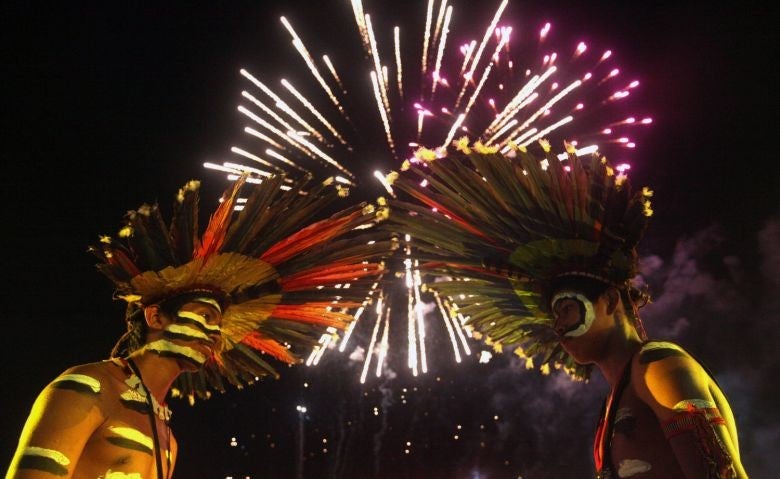
Your support helps us to tell the story
From reproductive rights to climate change to Big Tech, The Independent is on the ground when the story is developing. Whether it's investigating the financials of Elon Musk's pro-Trump PAC or producing our latest documentary, 'The A Word', which shines a light on the American women fighting for reproductive rights, we know how important it is to parse out the facts from the messaging.
At such a critical moment in US history, we need reporters on the ground. Your donation allows us to keep sending journalists to speak to both sides of the story.
The Independent is trusted by Americans across the entire political spectrum. And unlike many other quality news outlets, we choose not to lock Americans out of our reporting and analysis with paywalls. We believe quality journalism should be available to everyone, paid for by those who can afford it.
Your support makes all the difference.The first World Indigenous Games has closed in a spectacular closing ceremony, after nine days of sporting competitions between indigenous peoples from around the world.
The games took place in Palmas, Brazil, and involved 2,000 participants from 23 countries, including Finland, Bolivia and Canada.
The events included the tug of war, spear toss, archery and canoeing, with the sports taking place against a background of cultural exchange and understanding.
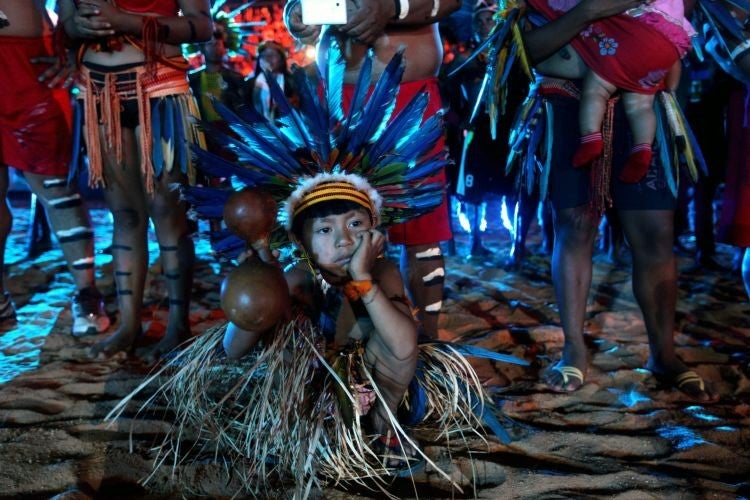
Speaking to the Associated Press, Felicia Chischilly, a Navajo from New Mexico who was amongst 19 American delegates, said: "This is an eye-opener for us."
"It's a pow wow in the true sense of the word — a gathering of nations."
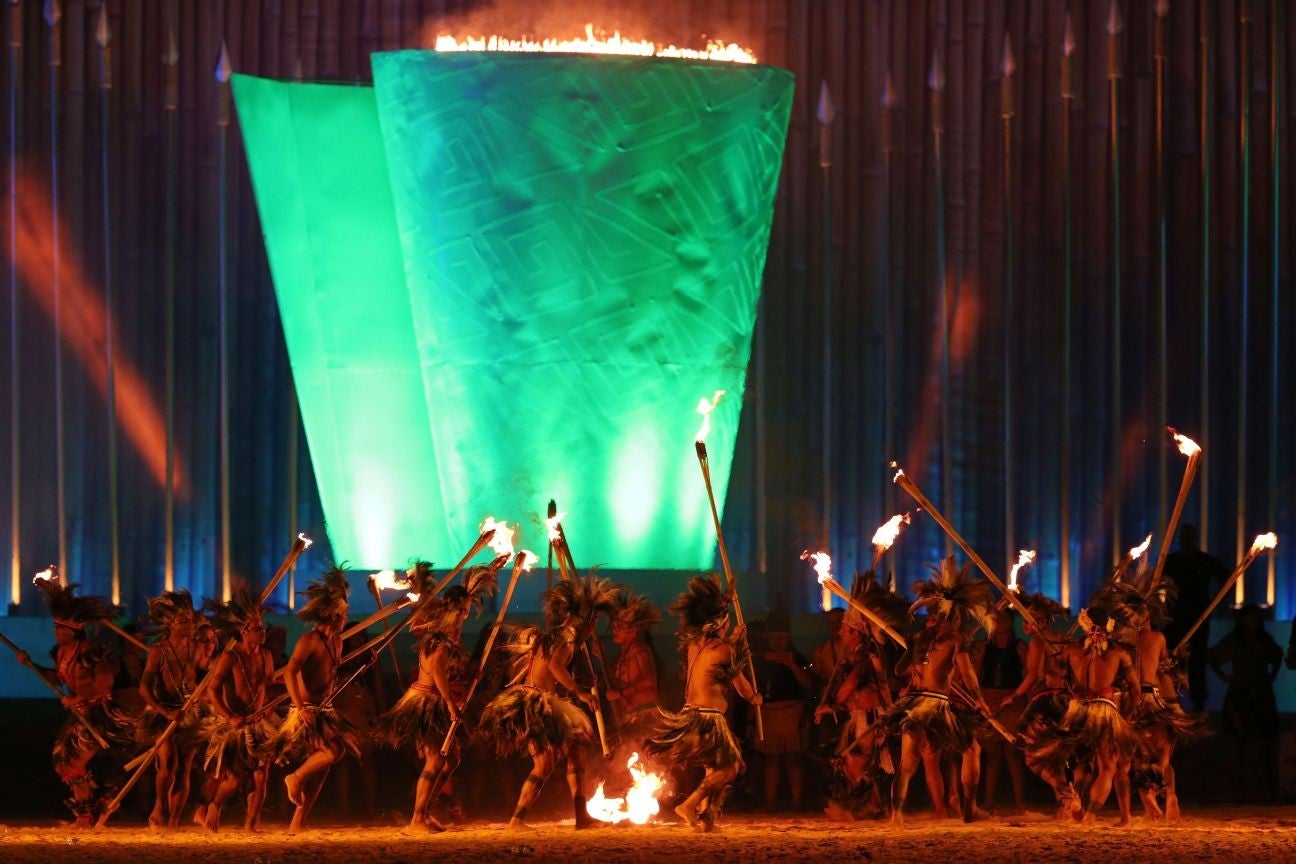
However, protests and opposition from Brazil's indigenous population cast a shadow over the event - they accused the government of hypocrisy, accusing them of heaping attention and money on the Indigenous Games while ignoring problems faced by Brazil's own native people.
Antonio Apinaje, a leader of the Apinaje people, said the games were an effort to "pull the wool over our eyes," and declined to take part.
Much of the criticism is due to a government proposal that would give the country's legislative branch, which is influenced by agricultural lobbies, the power to define indigenous lands, many of which are home to valuable natural resources.
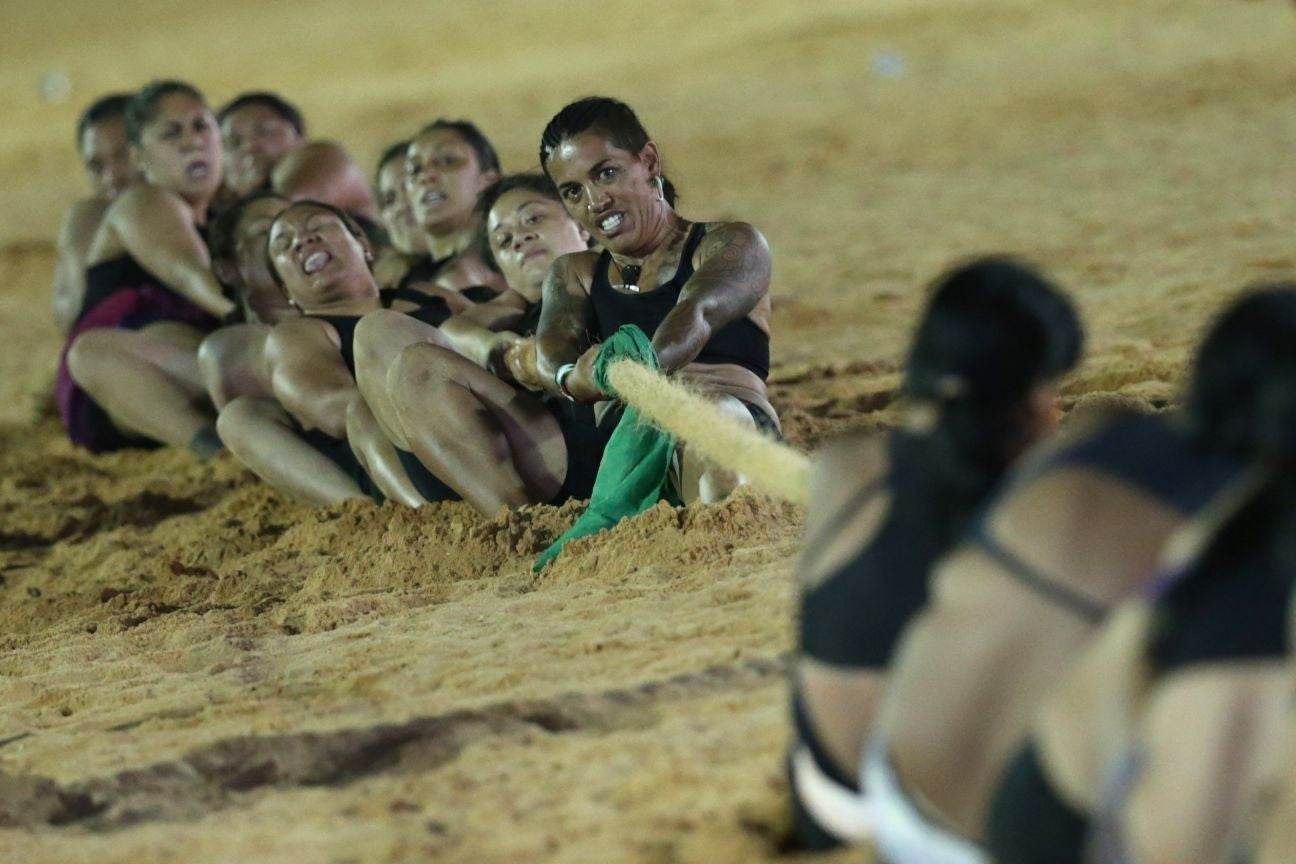
Although many of the nations involved in the games were from South America, some came from further afield - the indigenous Finnish Sami folk standing out due to their fair hair and blue eyes.
Maori people from New Zealand and a sole Russian delegate also took part in the games.
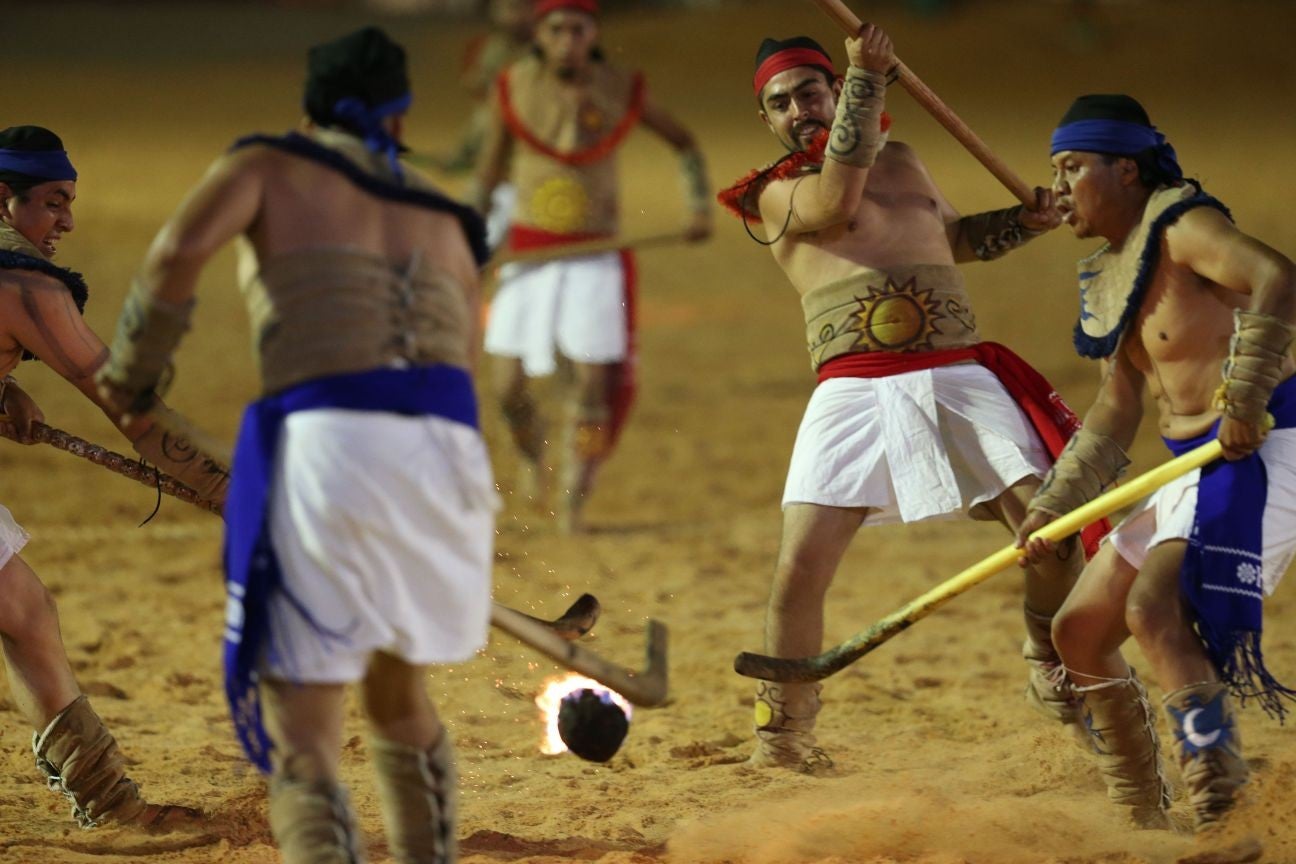
The Indigenous Games has previously only included groups from Brazil, so 2015 is the first year that participants from other nations have taken part.
The next edition of the games is set to take place in Canada in 2017.
Join our commenting forum
Join thought-provoking conversations, follow other Independent readers and see their replies
Comments